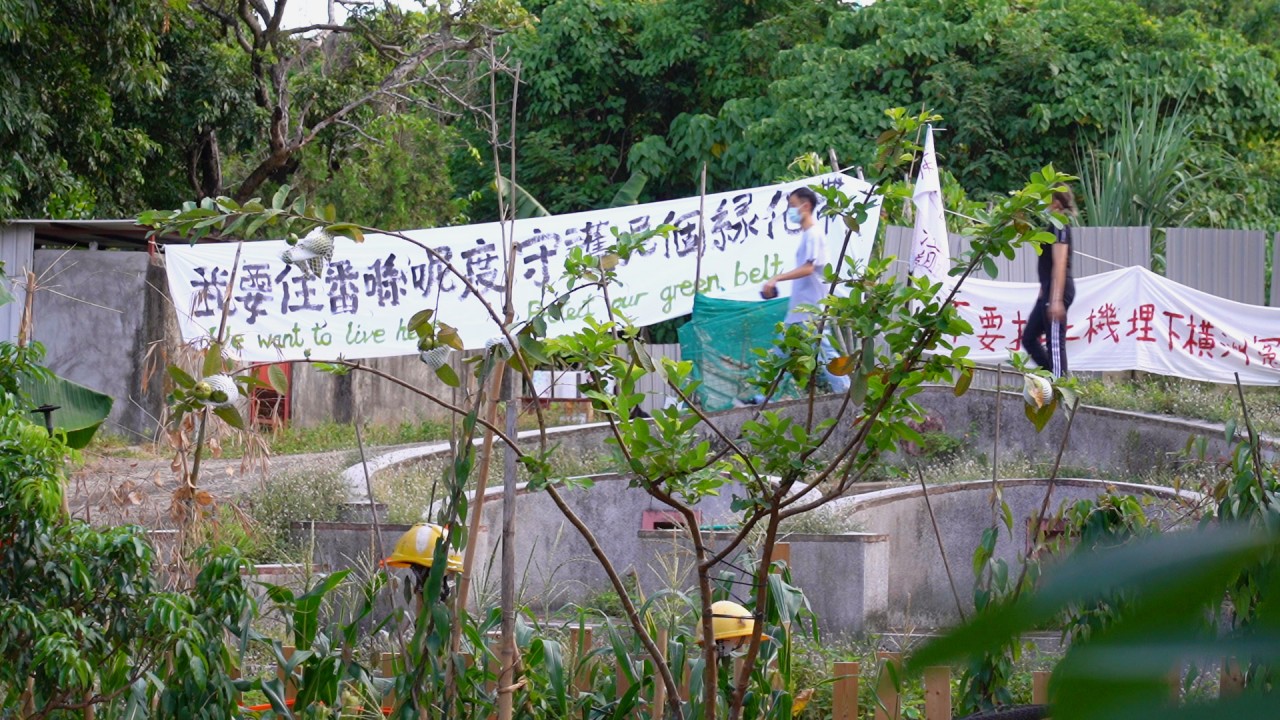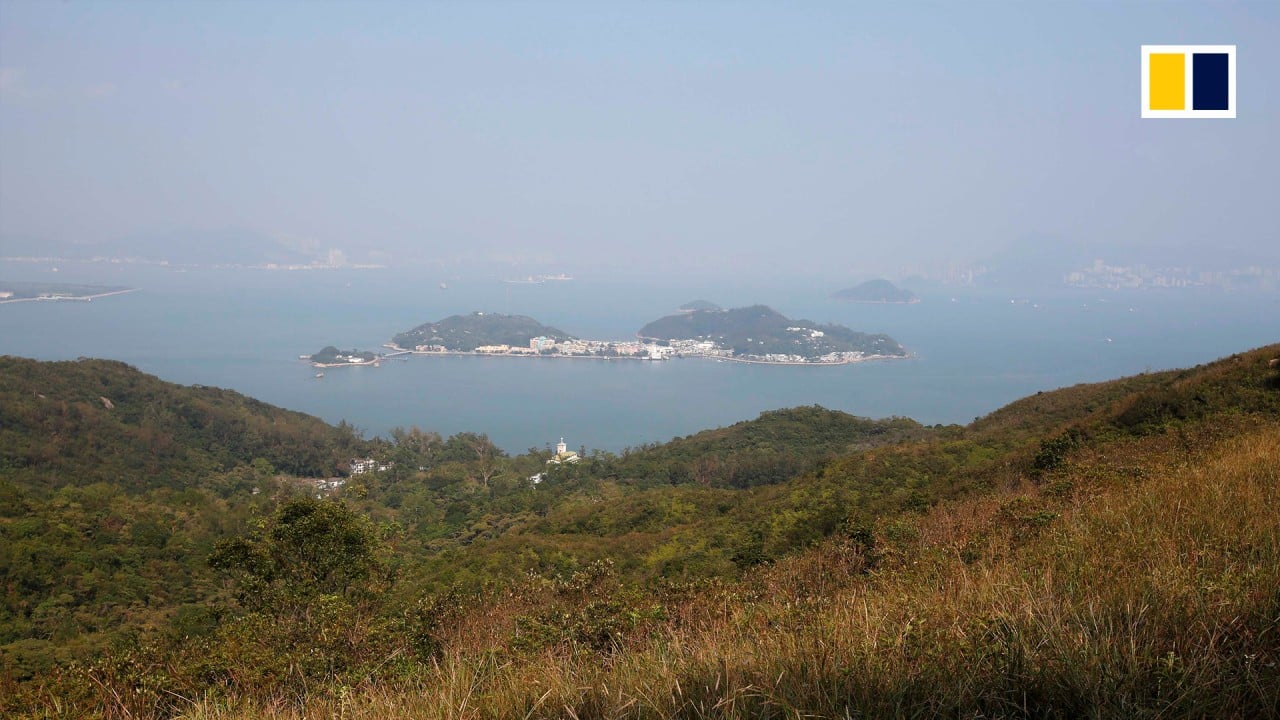
Hong Kong’s government must wrest back control of the housing market – or risk the city’s breakdown
- All-too-powerful private developers are at the heart of the housing crisis and drastic measures are called for, such as land expropriation or a Hong Kong sovereign wealth fund to compete in the market

04:11
Tiny 290sq ft temporary housing a welcome upgrade for some low-income Hong Kong families
To solve the housing crisis in Hong Kong, we must first understand its origins: it is not rooted in the issue of land supply but was created by and continues to thrive because of privatisation.
Contrary to popular depiction, land supply is not the bottleneck in creating housing supply. Rather, Hong Kong developers’ construction decisions are not motivated by need, but by profit.
Research on the Hong Kong housing market shows a historical tendency for developers to artificially restrict the number of flats they construct and to time their construction to take advantage of peak buying seasons and when the economy is more bullish.

06:35
Hong Kong villagers vow to resist eviction over controversial Wang Chau public housing plan
The growing disconnect between a laissez faire government and public affairs has been exacerbated by Lam’s long-standing commitment to non-intervention in the private sector.

Third, although the Hong Kong government derives over one-fifth of its annual revenue from land premiums and real estate taxes, it allocates only 5 per cent of its public expenditure to housing.

02:43
Why Carrie Lam’s Lantau land reclamation plan is so controversial
While critics have condemned such moves as detrimental to the local business environment, a closer look at examples in other countries shows that this need not be the case.
Resumption, also called expropriation, is essentially when the government mandates the sale of private property for use towards the public good.
In many G7 countries, including Canada and the United States, it is a governmental right that is regularly invoked to support infrastructure projects requiring land.

04:53
Jobless struggle to make ends meet in Hong Kong as city battles coronavirus and recession
Just as important, a sovereign wealth fund could provide new jobs and invest in local firms to assist in their internationalisation, as well as securing the long-term stability of the domestic economy and insuring it from financial crises.
As Machiavelli once wrote, good governance and order rely not only on strong laws to protect people’s well-being, but also strong arms to guard them, even when the threat comes from within.
Given the multifaceted roots of our housing crisis, the Hong Kong government needs a swift, decisive and forceful approach to reverse the privatisation that has overstepped its boundaries – or risk being overwhelmed by the human, social and political costs of prolonged housing inequality and public unrest.
Anson Au is a PhD candidate in sociology at the University of Toronto

